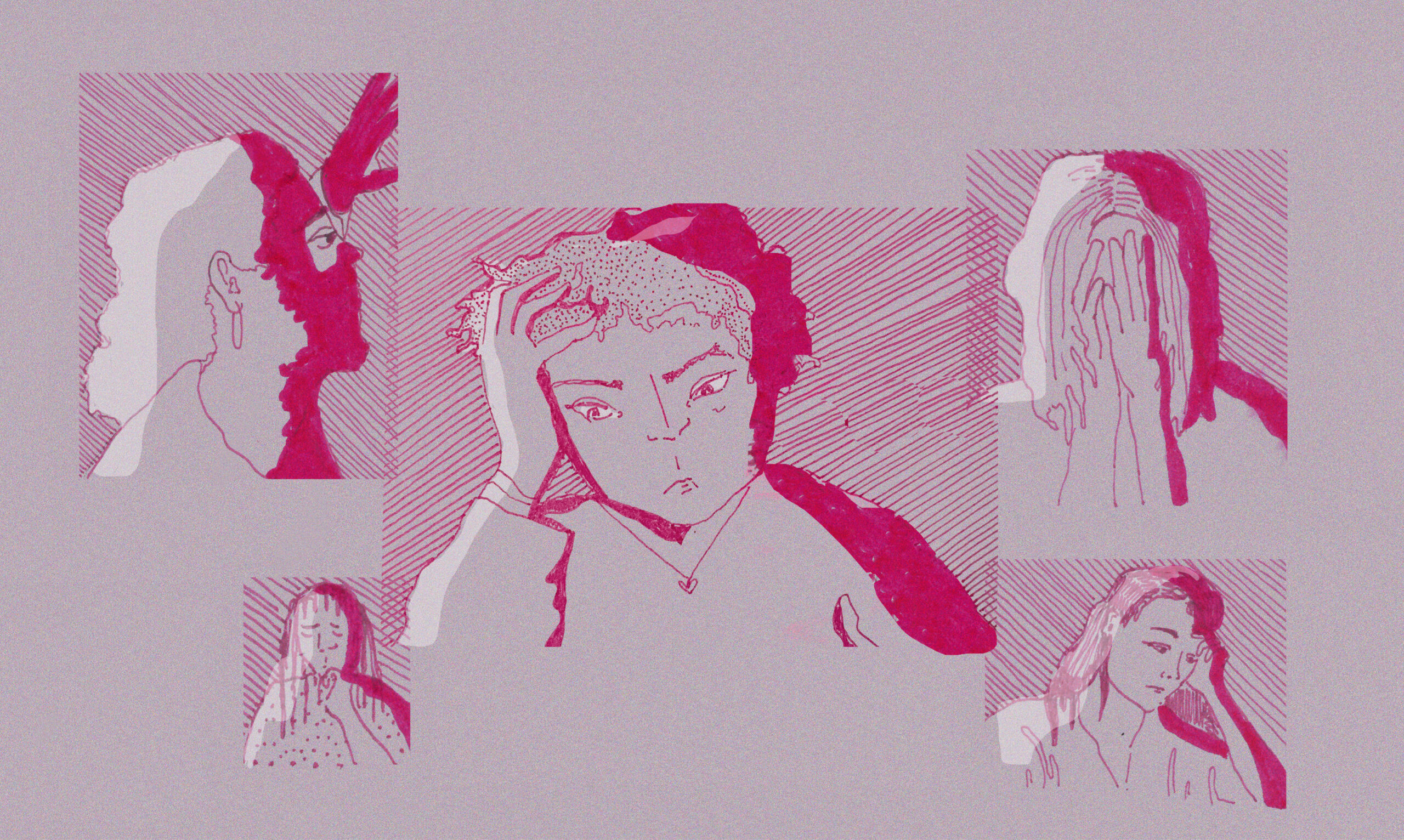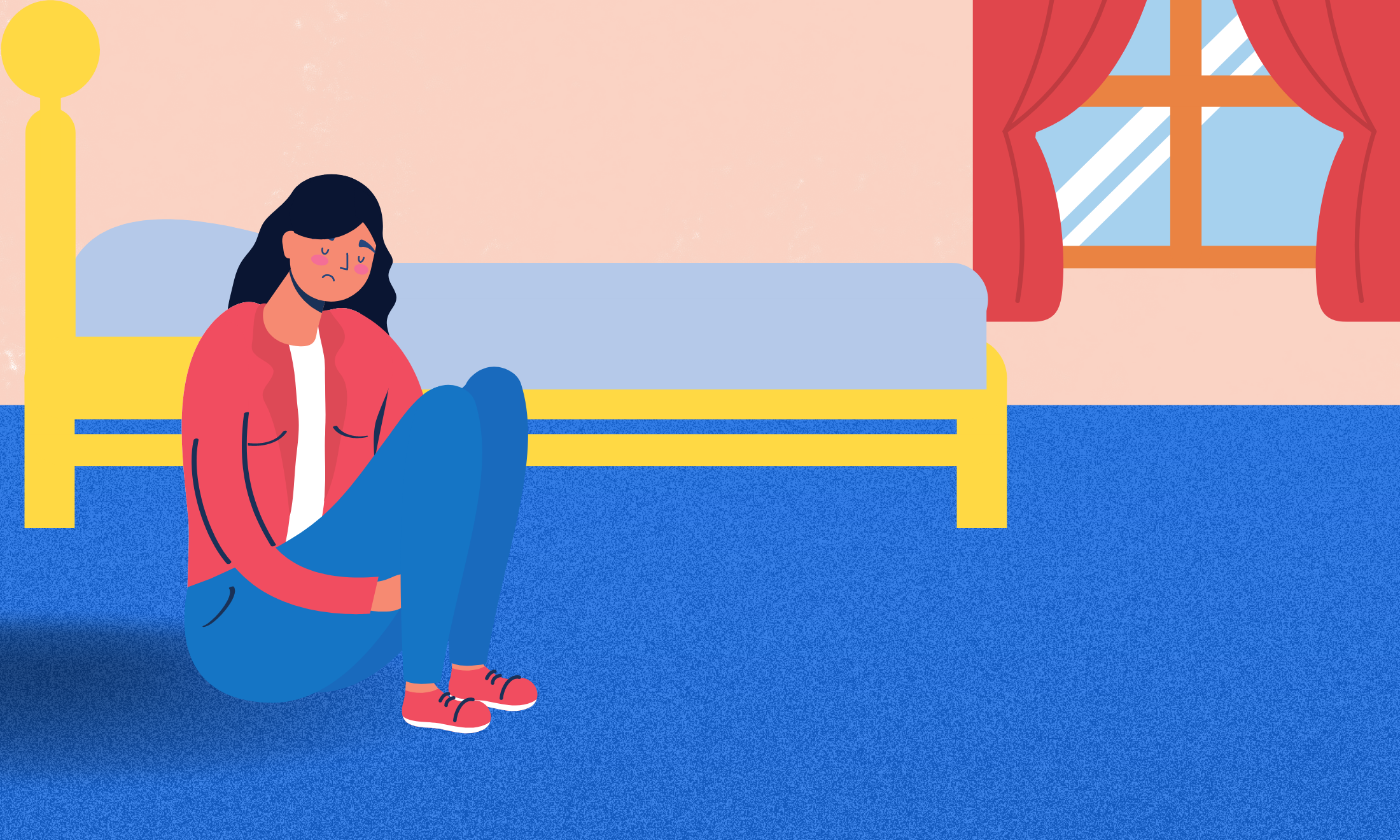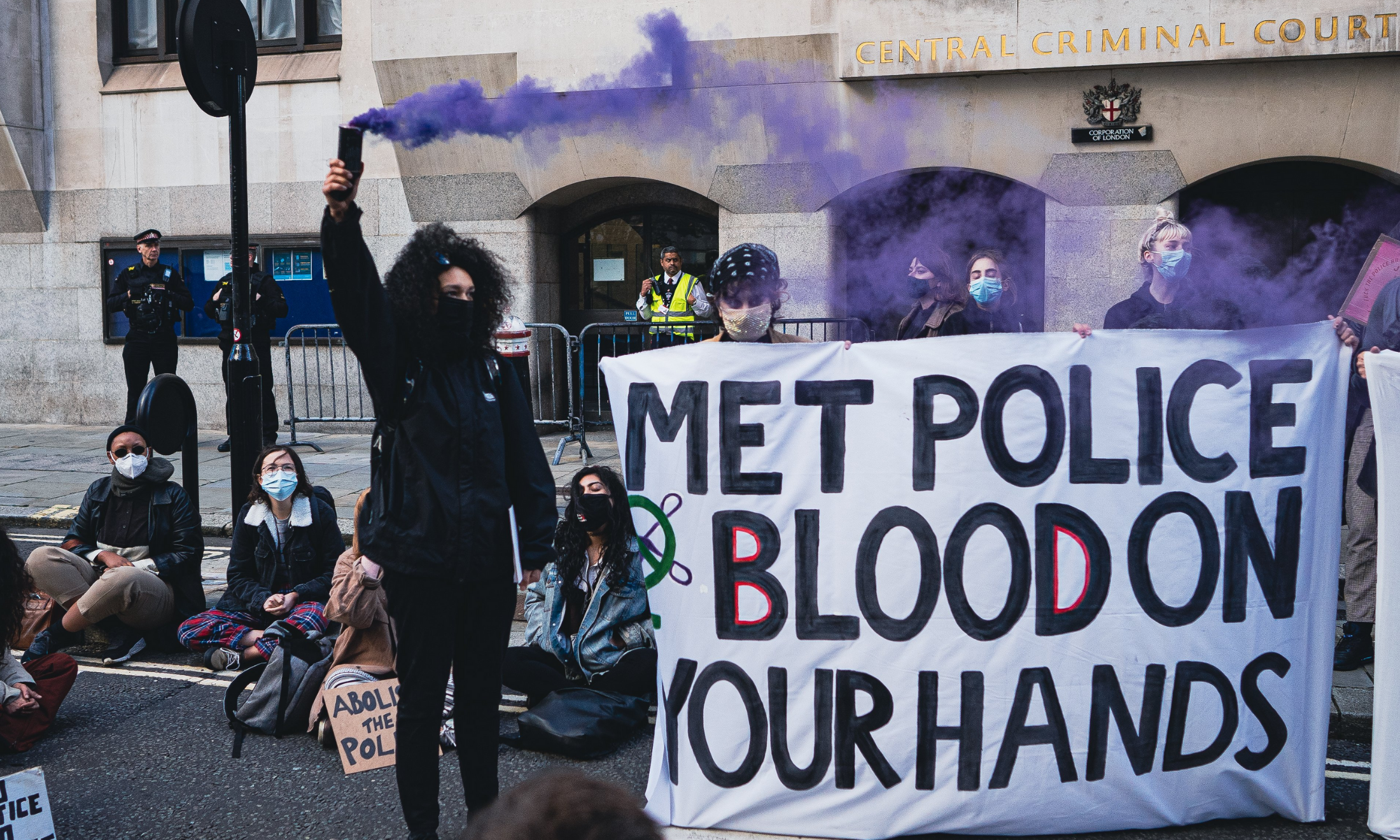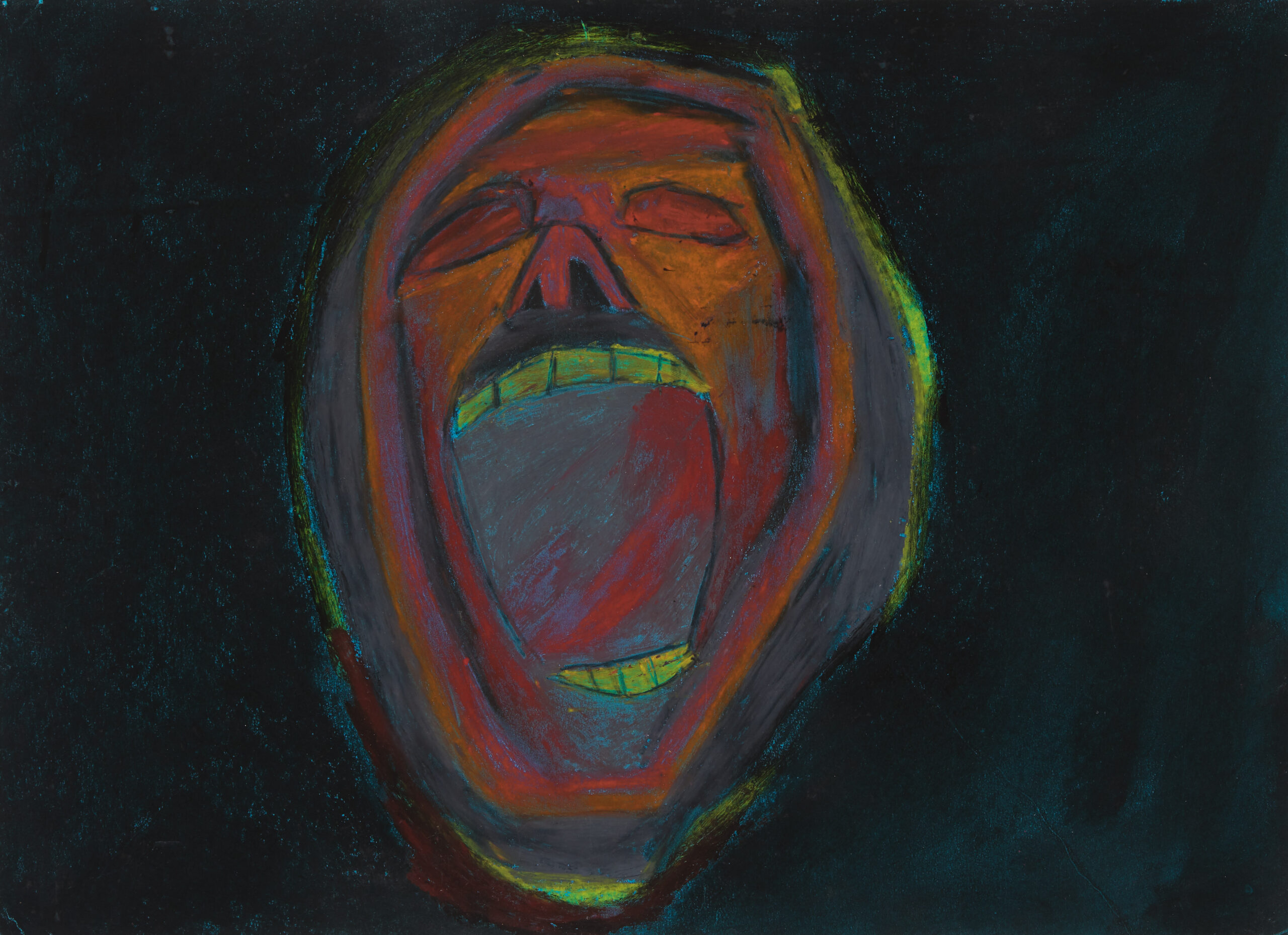The battle to save women on Death Row is part of the fight against gendered violence
For women sentenced to death, traumatic circumstances and abuse often go overlooked. But many are determined to change that.
Sabrina Mahtani
07 Oct 2021
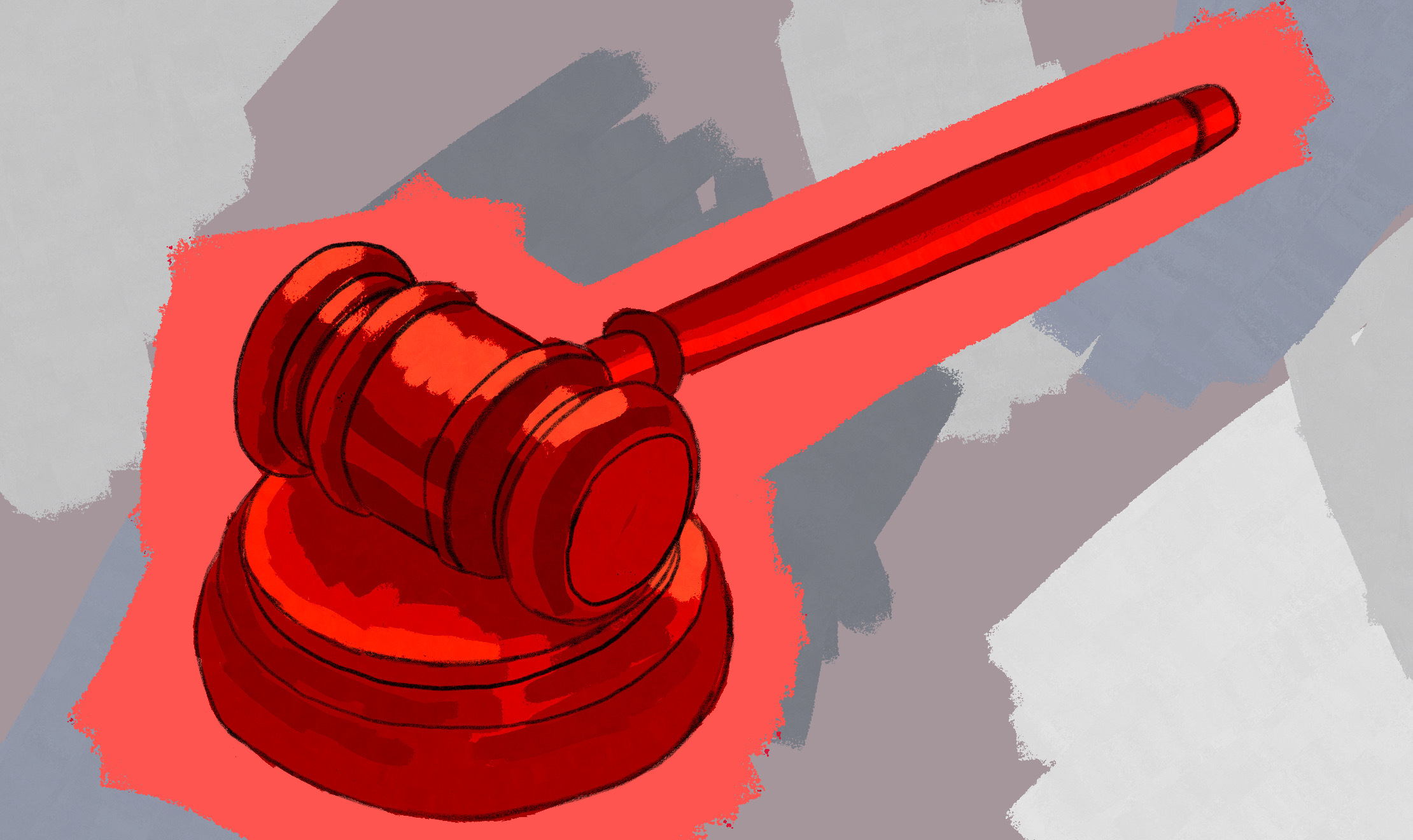
Diyora Shadijanova
In 2010 I met Aminata, a young woman on death row in Sierra Leone. She was 17 years old at the time, still a child according to the laws of the country, and should not have been sentenced to death. But, like many women, she did not have a birth certificate or any documents to prove her age.
Aminata was in an abusive relationship. Although she left her ex-boyfriend, he continued to harass her. “Love is not by force,” she would tell him. One morning he confronted her and started beating her with a rubber pipe. She tried to defend herself and reached for anything to protect herself. She struck him with what she had grabbed – a knife – and ran. It was only when she was arrested by the police that she learned he had died.
At trial, the judge, when advising the jury on the law, stated that using a knife when being beaten by a rubber pipe was a disproportionate use of force. Aminata’s self-defence argument was not accepted. At the time, the death penalty was mandatory for a murder charge in Sierra Leone – an automatic sentence which meant no other factors could be taken into account in sentencing.
“We need to understand women on death row in terms of gender inequality and discrimination”
Tragically, Aminata’s story is one I have come across countless times in my work over the past 15 years. Yet, little public attention is paid to women on death row as they are, comparatively, small in number compared to men. According to a Cornell Law School study, there are at least 800 women on death row across the world. The number is likely to be higher due to state secrecy in certain countries around death row statistics. Amnesty International reports that at least 16 women were executed in 2020, in Egypt, Iran, Oman and Saudi Arabia. It is estimated that at least 100 women have been executed over the past 10 years.
We need to understand women on death row in terms of gender inequality and discrimination. According to Agnès Callamard, former U.N. Special Rapporteur on Extrajudicial, Summary or Arbitrary Executions, women facing the death penalty have: “remained largely invisible both in law and in the broader field […] Criminal justice processes, largely designed by and for men, frequently are not only blind to the causes and consequences of gender-based violence, they may actively reinforce gender-based discrimination.”
The majority of women sentenced to death are convicted of murder. A large number of these cases involve killing a family member who has been abusive. A study by Penal Reform International found that, with few exceptions, criminal justice systems are failing women by ignoring their trauma and the realities and dynamics of domestic violence. In most countries there is no separate basis in law for a history of abuse to be considered and generally women must rely on existing legal defences which tend to be ill-adapted to women who have experienced prolonged abuse.
In countries where the death penalty is a mandatory sentence for murder, such as in Trinidad and Tobago or Ghana, a woman’s prior history as a survivor of physical or sexual abuse is simply irrelevant. The death penalty is automatically imposed for death-eligible offences without consideration of the woman’s background or the circumstances of the crime.
“According to NC Policy Watch, of the 39 women sentenced to death in North Carolina, 61% were Black”
Many women on death row come from deprived socio-economic backgrounds and have suffered intersecting forms of abuse and discrimination. This impacts their ability to understand and navigate the legal process and to access legal representation. Most legal aid lawyers are junior and overworked. Appeals processes take time and require expert knowledge. All of the women on death row in Ghana that I interviewed between 2016 and2017 (five in total) said they did not have the financial means to hire lawyers to file appeals.
The death penalty inordinately impacts people who are racially minoritised, due to pervasive racial discrimination in justice systems. In the United States, Black women are disproportionately sentenced to die. Black women make up more than 25% of women sentenced to death – almost double the proportion of the population they account for. This is even more extreme in some states. According to NC Policy Watch, of the 39 women sentenced to death in North Carolina, 61% were Black.
In 2013, Kimberly McCarthy, a Black woman, was executed in Texas. There were concerns about inadequate legal representation at trial and that the composition of the jury was unfair, with all but one of the 13 person jury being white. Some feminists argue that unequal attention and outcry is given to white women who are on death row whereas there is relative silence when it comes to Black women.
Punitive drug policies are another key factor in women being sentenced to death, particularly in Asia and the Middle East. Merri Utami has been on death row for nearly two decades in Indonesia. Merri, a migrant worker, was convicted of illegally importing drugs into Indonesia, but she insists that she had no knowledge of her role, and that she was targeted and manipulated by professional drug traffickers.
Merri came from a background of poverty and endured an abusive marriage. This information was not put before the court by her Legal Aid lawyer at trial and she was sentenced to death in 2002. Late one night in 2016, Merri was woken up by guards and waited to be led before a firing squad. She listened to the execution of four other people before her execution was halted at the last moment thanks to the intervention of a legal aid NGO, LBHM. A petition to grant Merri clemency has received more than 47,000 signatures.
At least 35 countries retain the death penalty for drug offences in law although international law prohibits the death penalty for all but the “most serious crimes”, which does not include drug related crimes. There are at least 100 women on death row for a drug offence. Duress, coercion, manipulation, pressure to provide for family members and situations of vulnerability have been identified as the main drivers for women sentenced to death for drug offences. These women operate at the lowest level of the illegal drug trade yet receive the harshest punishment. In Malaysia, 95% of the women on death row were there for drug trafficking offences and 86% of these women were foreign nationals.
“This year’s World Day Against the Death Penalty, on 10 October, is the first in 19 years to specifically focus on women on death row”
Women with lived experience and feminist lawyers are creating important movements for change. Susan Kigula was on death row in Uganda and decided to study law while in prison. She became the lead applicant in a case that eventually overturned the mandatory death penalty, leading to resentencing hearings for her and hundreds of people on death row in Uganda. Susan, released in 2016, is now a global advocate against the death penalty and has also set up a charity to support children of incarcerated people.
AdvocAid, a feminist legal organisation in Sierra Leone, has freed six women on death row and campaigns for a more gender-just legal system. In 2019, their appeal led to Aminata’s conviction being overturned. In July 2021, thanks to years of advocacy by AdvocAid, LAWYERS (a collective of women lawyers) and many other civil society groups, Sierra Leone abolished the death penalty. Making visible and amplifying the voices of women on death row was key to getting public and government support for this change. Aminata was in Parliament that day, with AdvocAid, as this cruel punishment was finally removed from the law books.
This year’s World Day Against the Death Penalty, on 10 October, is the first in 19 years to specifically focus on women on death row. Women on death row, and more widely incarcerated women, have been largely ignored by mainstream feminist movements. Too often women are separated into ‘good’ or ‘bad’,‘victim’ or ‘offender’. Women who do not fit neatly into these binary categories are overlooked.
This year’s day of action invites us all to critically reflect on the gender-discrimination within justice systems and to do what we can to support feminist abolitionist movements – whether by raising our voices, supporting organisations or even just making visible the stories and experiences of women on death row.
For more information and actions you can take, visit womenbeyondwalls.org
Sabrina Mahtani is a Zambian/ British lawyer. She co-founded AdvocAid, an NGO that provides access to justice for women in contact with the law in Sierra Leone.

